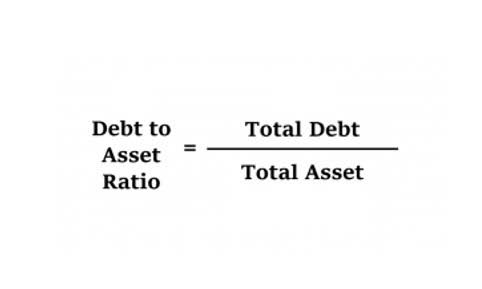
It makes capital more efficient and strengthens trust in financial statements across the globe. FASB’s mission has always been to keep financial reporting effective for the economy. It ensures reports are trustworthy, helping the market function smoothly. This approach promises a future where financial info remains reliable for all.

FASB Created
- Properly following accounting standards ensures that your startup won’t have any problems in the future.
- The FASB further formed the Emerging Issues Task Force (EITF) in 1984 to help identify emerging accounting issues in need of standardization.
- This teamwork supports smart investing and helps the economy stay healthy.
- Take the guesswork out of your financial reporting and request a demo today.
- In addition to carrying out investigations, the SEC also provided advice and educational resources to investors.
- Though only responsible for creating GAAP within the United States, FASB’s work also has a significant impact on global accounting practices.
The FASB focuses on improving and upkeeping Generally Accepted Accounting Principles (GAAP) in the U.S. It’s crucial in making financial reports consistent, which builds investor confidence. This is done by regularly updating accounting standards to match business changes. Collectively, they work to improve financial reporting within the U.S. while also enabling and educating stakeholders on reading and understanding the accounting standards. It is not only useful to investors but also important to the market.
What Are the Roles of the SEC & FASB?
The FAF includes the FAF management team, the FAF board of trustees, FASB, and GASB. The FAF is a non-stock Delaware corporation established in 1972 that operates only for educational, charitable, scientific, and literary purposes. The FAF, FASB, or GASB do not receive funds from Federal, state or local governments. Seven board members from the Financial Accounting Foundation (FAF) manage the FASB. It’s funded by public company fees mandated by the Sarbanes-Oxley Act, what does the fasb do plus sales from publications.

Who Enforces GAAP?

As mentioned earlier, investors are one of the most impacted by the efforts of the FASB. A “basic view” version is free, while the more comprehensive What is bookkeeping “professional view” is available by paid subscription. As a founder, there are a myriad of positions you’ll be filling until you begin to staff your startup. Properly following accounting standards ensures that your startup won’t have any problems in the future. The SEC recognizes the latter as the leading standard-setting company for public companies. As a result, other leading organizations – such as the American Institute of CPAs (AICPA) – and various state Boards of Accountancy recognize the FASB as an industry leader.
Financial Accounting Standards Board

However, only the SEC has the authority to enforce these rules set by the FASB. When establishing and improving standards, the SEC may give recommendations, but https://www.bookstime.com/ the FASB is not required to implement them. Companies affected by any changes can submit suggestions and options to the FASB for consideration. GAAP serves as the framework for how financial statements are prepared and presented, providing consistency, comparability, and transparency in the industry.
- This effort supports global business and investment by offering universal high-quality financial reporting norms.
- When establishing and improving standards, the SEC may give recommendations, but the FASB is not required to implement them.
- After almost a decade of experience in public accounting, he created MyAccountingCourse.com to help people learn accounting & finance, pass the CPA exam, and start their career.
- Due to the global nature of businesses today, the FASB and IASB often cross paths due to overlap in businesses, helping foster cooperation on the issue of improving global accounting standards.
- The organizations also educate stakeholders on how to understand and implement the standards most effectively.
- With Lucernex by Accruent, companies can streamline financial reporting processes, reduce the risk of errors, and ensure compliance with new accounting guidelines as they are introduced.